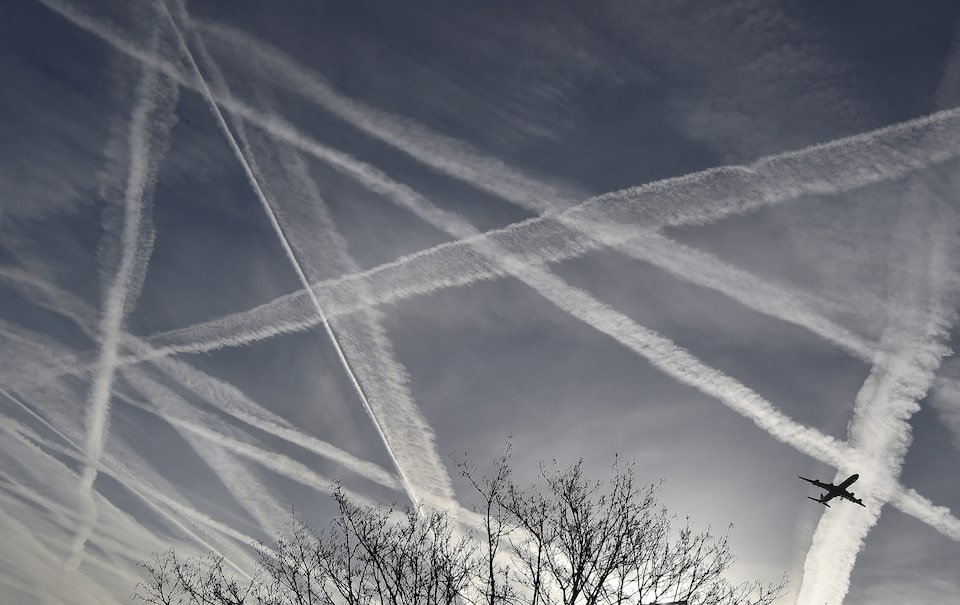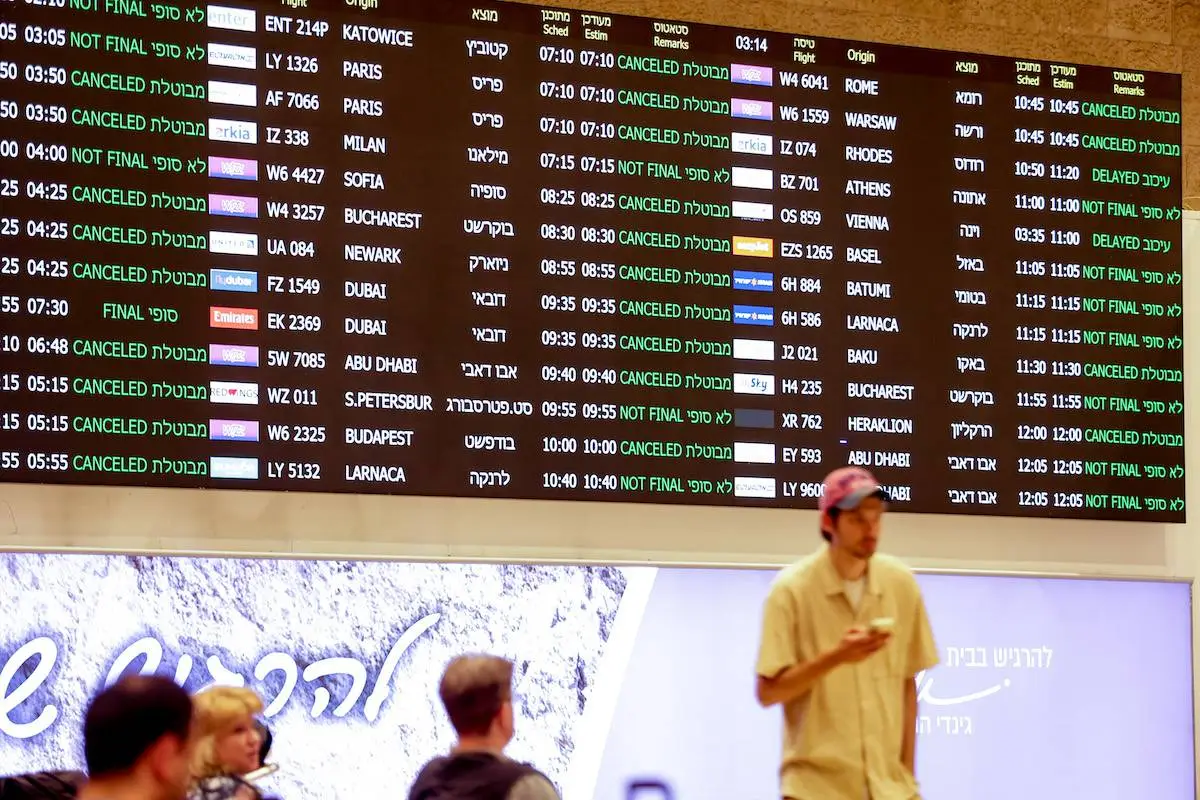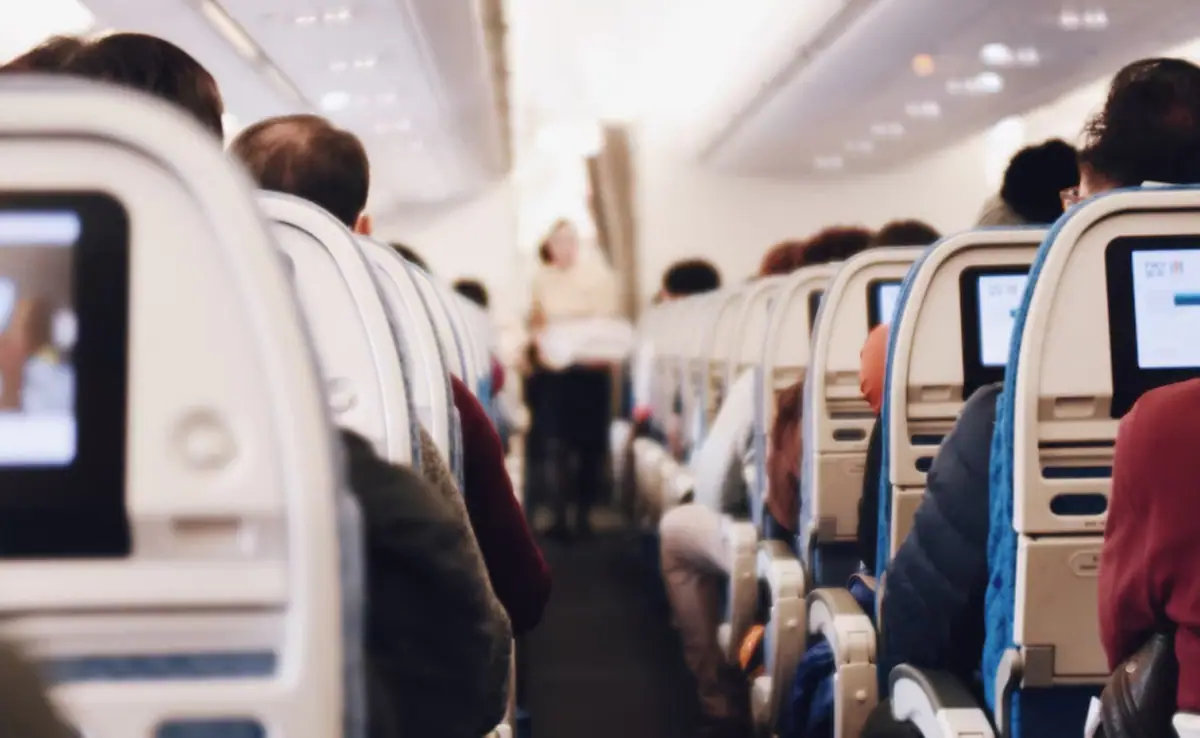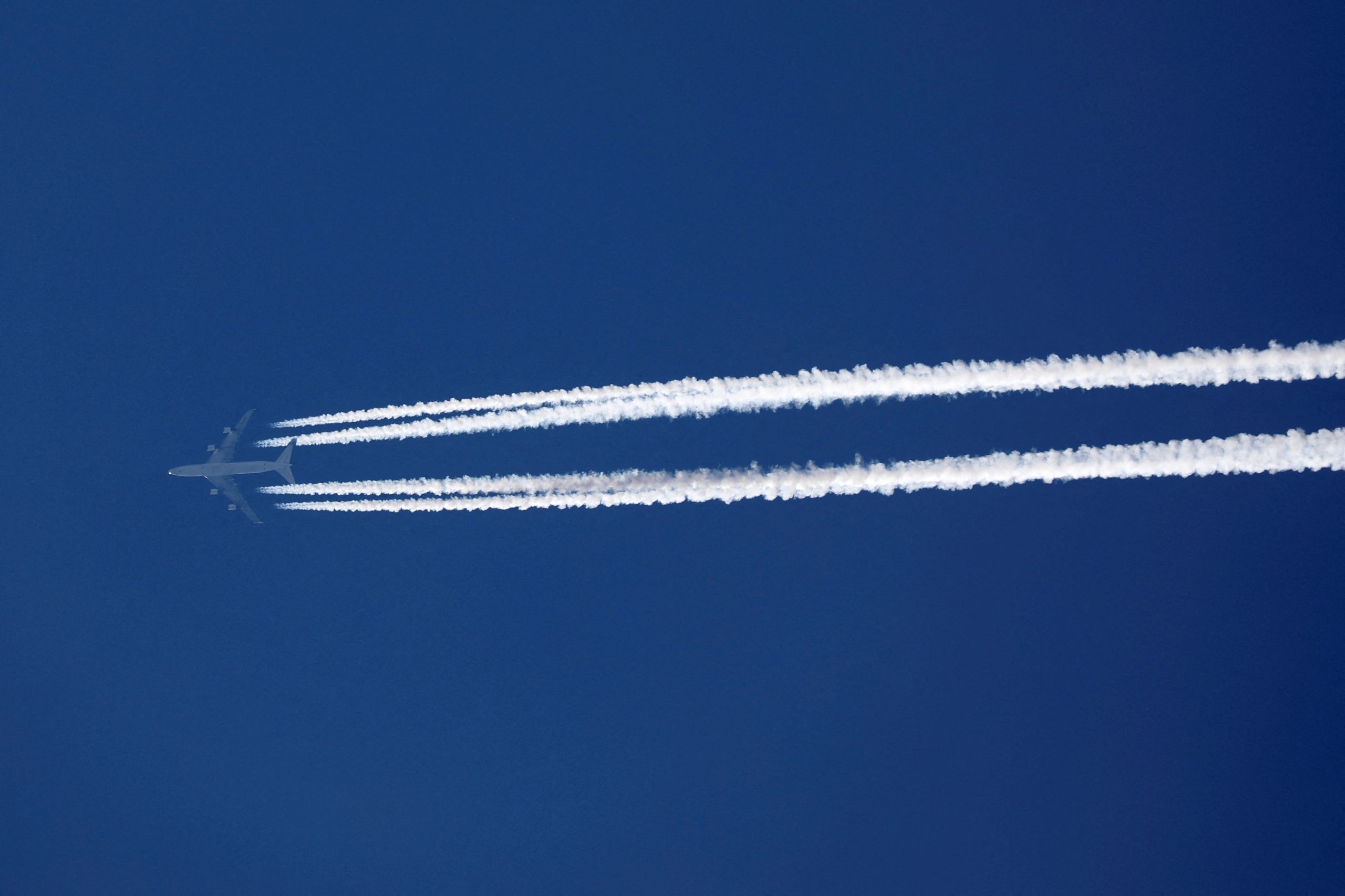Airlines swiftly adjusted their operations in response to the closure of Iranian airspace and airports following an Israeli attack on Iran.
Concerns over safety and security prompted carriers to alter flight paths, cancel some services, divert others to alternative destinations, or even return planes to their original departure points.
The temporary closure of airports in Tehran, Shiraz, and Isfahan, coupled with restricted airspace access, prompted airlines to take immediate action.
Flydubai, for instance, canceled its Friday flights to Iran, with one of its earlier flights returning to Dubai. Similarly, an Iran Air flight from Rome to Tehran was diverted to Ankara, Turkey.
Airlines changed flight paths over Iran
Germany’s Lufthansa took a cautious approach, canceling all flights to Tel Aviv and Erbil until Saturday and opting to circumvent Iraqi airspace during this period. The airline emphasized that passenger and crew safety remained paramount.

Despite the disruptions, several carriers continued to operate over parts of Iran’s airspace that remained open. Emirates, Flydubai, Turkish Air, Wizz Air Abu Dhabi, and Belavia were among those monitoring the situation closely and making adjustments to flight paths in consultation with relevant authorities.

The airspace closures in Iran compounded challenges for airlines operating in the region, particularly in Dubai, where record rainfall had already disrupted operations at the main airport.
With a significant backlog of flights to clear, Dubai’s main airport announced limitations on arriving flights for two days.

Even before the recent events, many airlines had been avoiding Iranian airspace due to security concerns. Lufthansa had previously suspended flights to Tehran until the end of the month, while Qantas Airways rerouted flights between Perth and London to avoid the Middle East.
Taiwan’s China Airlines and EVA Air, along with Etihad Airways, reiterated their commitment to monitoring security updates and adjusting flight routes accordingly. These measures underscored the aviation industry’s prioritization of safety amid evolving geopolitical tensions and operational challenges.







Leave a Reply